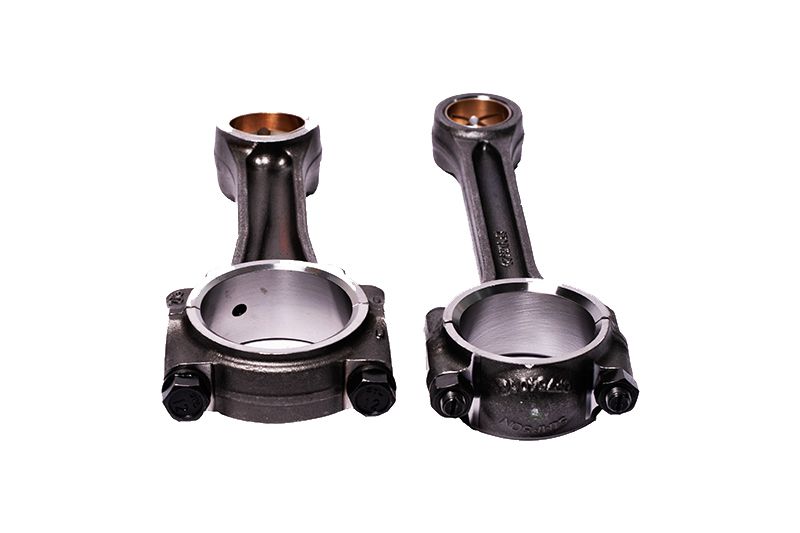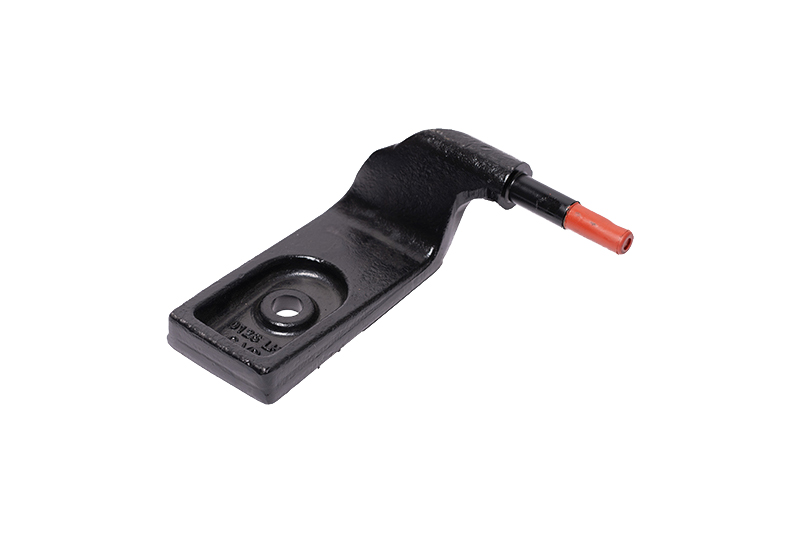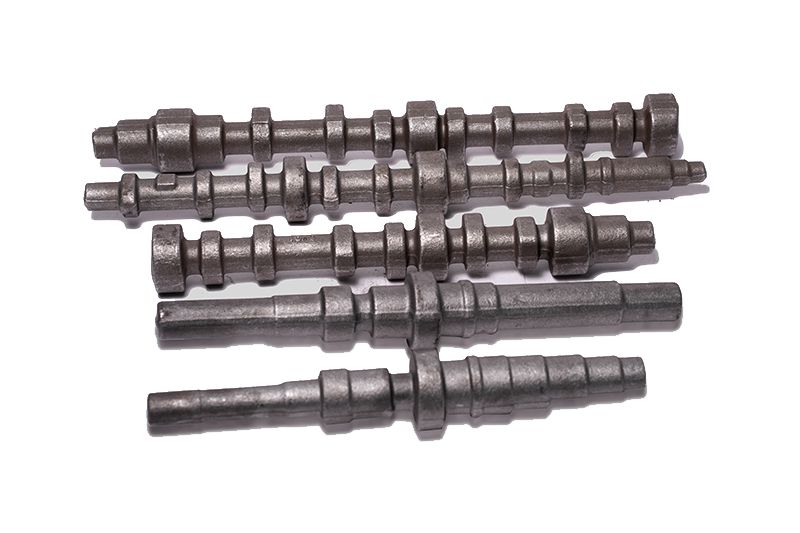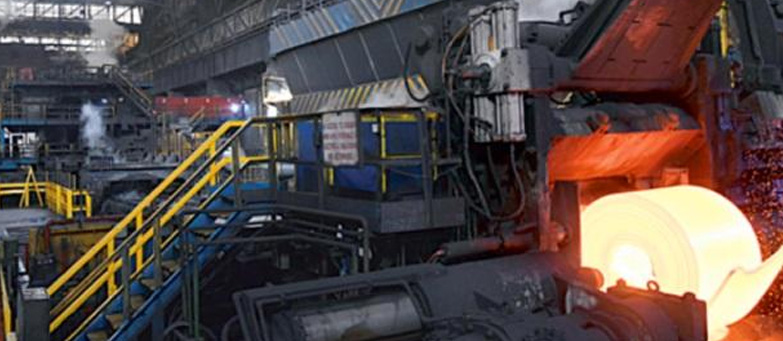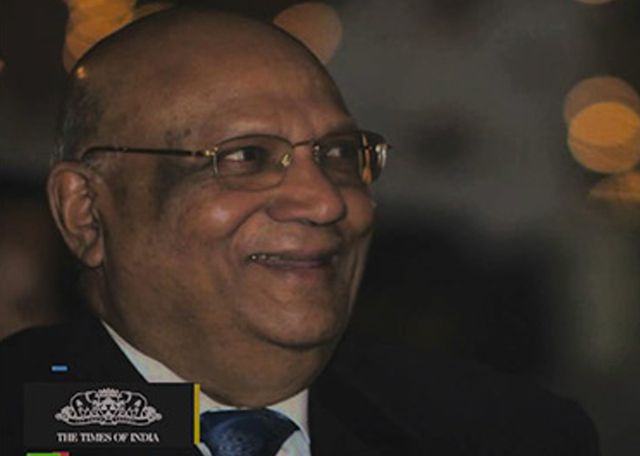Caparo’s operating systems focus on achieving waste elimination with the QDC - Quick Die Change systems in place for reducing set-up change over time and improving the overall productivity.

The company’s design team goes the extra mile to ensure that each design is integrated with 3D models simulation for a better size, weight, and performance optimisation exactly as per the customer’s specifications.




